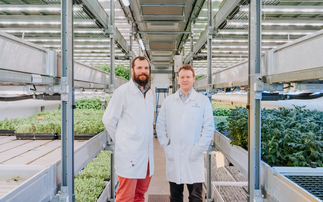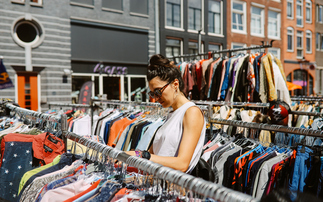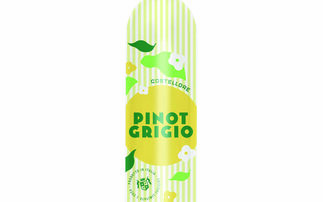Businesses need to play a key role in delivering the low cost zero emission technology that makes tackling climate change possible
As Bill Gates stressed at COP21 this week at the launch of a new multi-billion dollar clean tech R&D initiative, businesses need to play a key role in delivering the low cost zero emission technology that makes tackling climate change possible.
However progress by companies to address this is still slow. In a post-two degree world, certain crop yields in the US, India and across Africa are expected to decrease by up to 30%; up to 30% of animals and plant species could face extinction; and 30% of the annual sea ice could be lost in the Arctic. If you think about what's required to avoid these scenarios (as described by the likes of the World Bank and National Research Council), we not there yet - not by a long way.
It's time for companies to look beyond their own operations and consider the wider impact of their business and look at the entire system that sits beyond their own boundaries. By looking along the value chain of suppliers, manufacturers and raw material providers at one end, and customers and consumers at the other, businesses can get a broader view of the risks - and work towards addressing the materials, water and energy being wasted across sectors.
Just 15% of AkzoNobel's total environmental footprint lies within our direct control. So, through our Planet Possible strategy, we aim to work more closely with both our suppliers and customers to find new ways of reducing our overall impact. By 2020, we want our entire value chain to be between 25-30% more efficient.
Central to this is helping our customers be more efficient. For example, our biocide-free coatings prevent organisms from clinging to the hulls of ships, helping shipping companies travel faster, use less fuel and produce less emissions. Our Rediset additives enable asphalt to be laid without the need for high-temperature (high carbon impact) mixing. And our Dulux Weathershield KeepCool, an exterior paint which can reflect up to 85% more infrared radiation than traditional exterior paints, is helping to reduce energy use in buildings by up to 15%.
By working in partnership with others, it's a lot easier to unlock some of the solutions that are required in this emerging low-carbon, resource-constrained world. Collaboration is something we strongly believe in and we can point to several success stories. For example, we recently signed a multi-year agreement to purchase sustainably generated steam from Dutch energy provider Eneco. This will help reduce our CO2 emissions by over 100,000 tons a year. We also focus on helping our customers to become more efficient. We continue to develop a wide range of innovative products, such as additives that allow asphalt to be laid at low temperatures and solar-reflective exterior paint that reduces a building's energy use by up to 15 percent.
Elsewhere, we are part of a major Dutch consortium exploring how we might use household waste as a feedstock for our chemical plants. We're even looking into the possibility of producing chemicals from beet-derived sugar feedstock - again, working with others.
But enhanced collaboration demands new types of relationships that move beyond the traditional, purely transactional supplier relationships that companies are most familiar and comfortable with. These new partnerships must be based on transparency and trust - and the sharing of costs, risks and benefits.
AkzoNobel, and other leading companies, are proving that limitations to the world's resources and a changing climate do not have to limit ambition and imagination as we strive to do more with less. We have also realized that many of the world's biggest challenges cannot be solved alone. But working with others doesn't have to be daunting. After all, you never know where innovation will come from.






